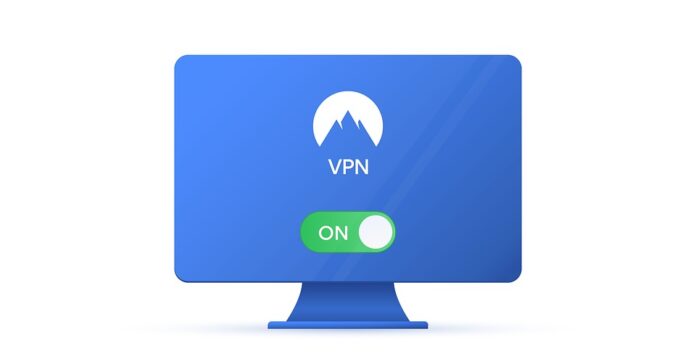In today’s digital age, children are spending more and more time online. From social media to online gaming, the internet has become a virtual playground for kids. However, with this increased online activity comes the need for heightened cybersecurity measures to protect young users from potential dangers. Here are some basics of cybersecurity that parents can teach their children to help them stay safe while exploring the online world.
Be Mindful of Personal Information
One of the most important principles of cybersecurity is to be cautious about sharing personal information online. Teach your kids to never give out their full name, address, phone number, or any other sensitive information to strangers on the internet. Remind them that once information is shared online, it can be difficult to erase or take back.
Create Strong and Unique Passwords
Another crucial aspect of cybersecurity is using strong and unique passwords for every online account. Encourage your children to create passwords that are at least eight characters long and include a mix of letters, numbers, and special characters. Additionally, stress the importance of not using the same password for multiple accounts, as this can make it easier for hackers to access all of their accounts if one password is compromised.
Beware of Phishing Scams
Phishing scams are a common tactic used by cybercriminals to trick individuals into revealing their personal information. Teach your kids to be wary of unsolicited emails, messages, or links that ask for login credentials or other sensitive information. Remind them to never click on suspicious links or download attachments from unknown sources.
Keep Devices and Software Updated
Regularly updating devices and software is essential for maintaining cybersecurity. Make sure your children understand the importance of installing software updates as soon as they become available, as these updates often contain security patches that can help protect against potential threats. Set up automatic updates on their devices to ensure they are always running the latest software versions.
Use Parental Controls and Privacy Settings
Many online platforms and devices offer parental controls and privacy settings that can help limit the amount of personal information shared and the type of content accessed by children. Take the time to explore these settings with your kids and adjust them to fit their needs. Encourage open communication about online activities and set guidelines for appropriate internet usage.
Practice Safe Online Behavior
In addition to the technical aspects of cybersecurity, it’s important for kids to practice safe online behavior. Teach them to be respectful and kind to others online, and to think before posting or sharing anything that could be potentially harmful or embarrassing. Encourage them to report any cyberbullying or suspicious activity to a trusted adult.
In conclusion, educating children about cybersecurity is essential in today’s digital world. By instilling good online habits and teaching them how to protect their personal information, parents can help ensure that their kids have a safe and enjoyable online experience. By following these basics of cybersecurity, kids can navigate the online playground with confidence and security.


